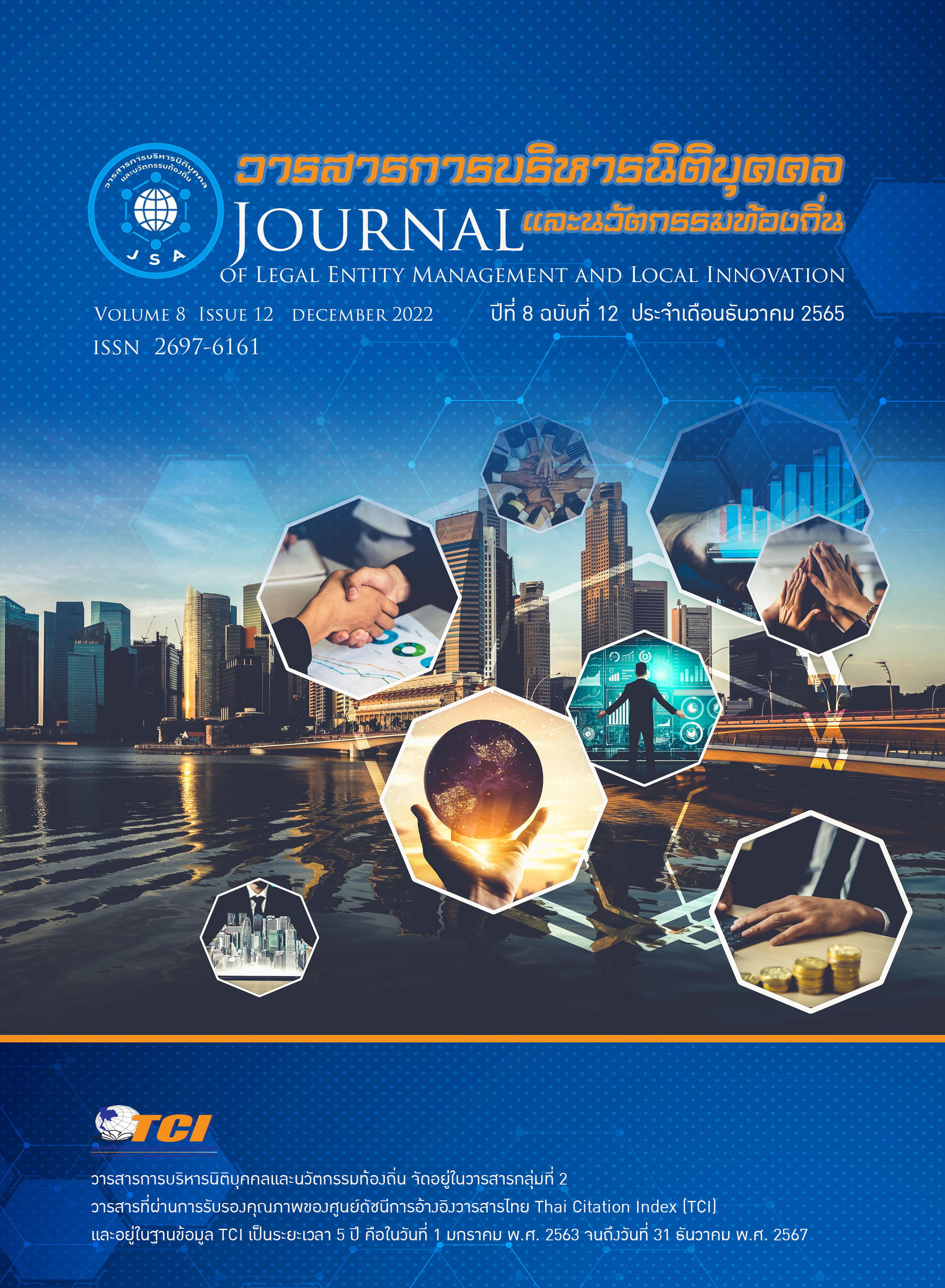The Factors Affecting Performance Efficiency in Electronic Office System of Public Higher Education Institute
Keywords:
Correspondence Work, Electronic Office System, EffectivenessAbstract
The purposes of this research were to 1) study work Performance and technology acceptance of the electronic office system of Public Higher Education Institute 2) examine factors affecting the efficiency performance of the electronic office system of Public Higher Education Institute and 3) explore problems, difficulty, and suggestions of the electronic office system. A sample of 400 cases selected from a staff who used an electronic office system. Use questionnaires to collect information. The data analyzed by using statistics of percentage, mean, and standard deviation. Test the hypothesis with t-value, f-value, the Pearson correlation coefficient, and regression correlation. The results showed that the staff accepted to use as a whole at a high level such as attitude, intention, benefit perception, and the ease of perception. Ablility to use the electronic office system in their operations with efficiency at a high level. The hypothesis test found that the duration of use affects the acceptance of use and effectiveness in performing different tasks. Trained and untrained persons had a different effect on performance at the .05 level. The multiple regression analysis to find the variables that can predict the effectiveness of the operation found that the acceptance factor affects the effectiveness of the electronic office system with a regression coefficient of .799.


